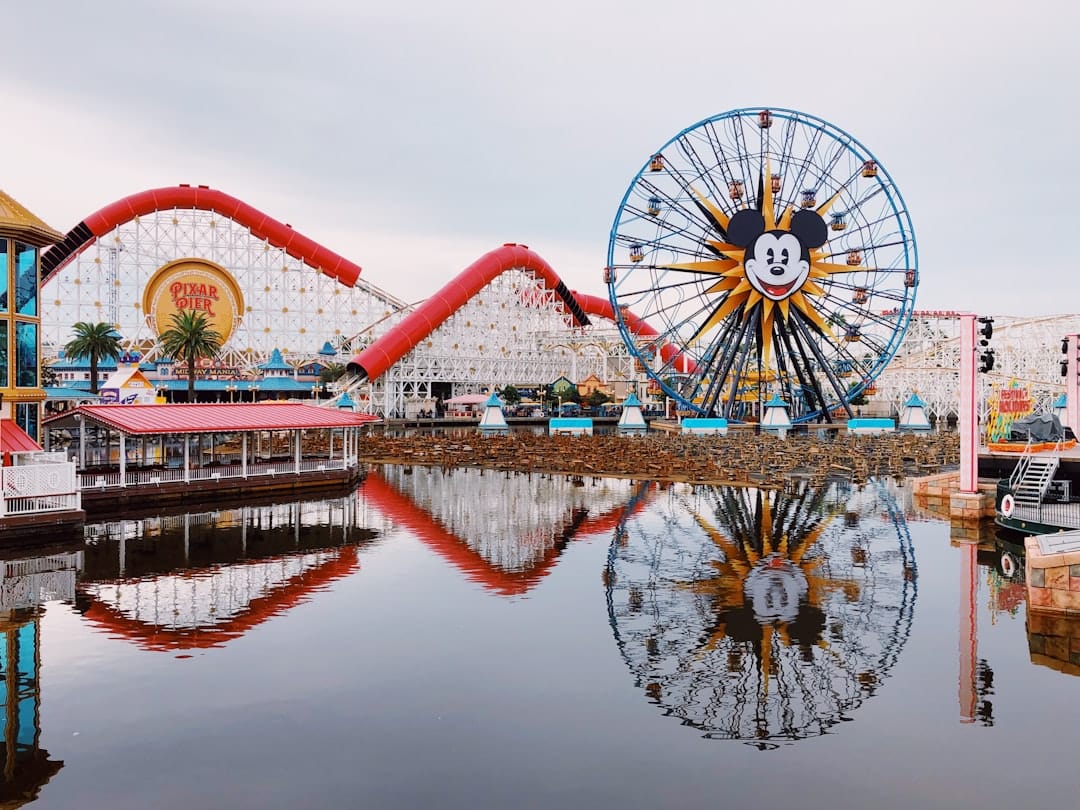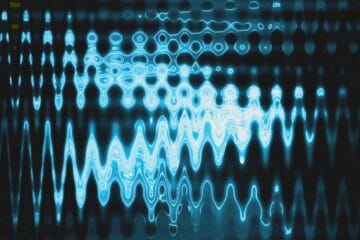The world of artificial intelligence (AI) and copyright law collided in a recent development that sent shockwaves through the tech and entertainment industries. Disney and Universal, two media giants known for their extensive intellectual property portfolios, have filed a lawsuit against Midjourney, an AI image creator. The lawsuit alleges that Midjourney’s AI-generated artwork infringes on copyrights held by the media conglomerates, sparking a legal battle that could shape the future of AI creativity.
The Lawsuit: Disney and Universal vs. Midjourney
Allegations of Copyright Infringement
In the court documents, Disney and Universal allege that Midjourney’s AI technology has been used to create and distribute artwork that infringes on their copyrights. Specifically, they claim that Midjourney’s AI models have generated images resembling characters and scenes from popular franchises owned by the companies, such as Disney’s Mickey Mouse and Universal’s Minions. The media giants argue that Midjourney’s actions constitute copyright infringement and seek monetary damages and an injunction to prevent further distribution of the allegedly infringing artwork.
This lawsuit highlights the complex legal issues surrounding AI-generated content and intellectual property. As AI technology becomes more sophisticated and accessible, questions arise about the balance between promoting innovation and protecting intellectual property righ
Midjourney’s Response and Future Implications
Midjourney has denied any wrongdoing and asserted that its AI models do not directly copy or distribute copyrighted material. The company argues that its technology is a creative tool that generates unique and transformative artwork, which should be protected under fair use principles. Midjourney’s defense raises important considerations about the nature of AI creativity and the boundaries of copyright law in the digital age.
The outcome of this lawsuit will have significant implications for the future of AI content creation. It could set precedents for how AI-generated artwork is treated under copyright law and influence the development and use of AI technology in creative industries. As the legal battle unfolds, it remains to be seen how courts will navigate the complex intersection of AI innovation and intellectual property rights.
Exploring AI Creativity and Copyright Law
Understanding AI-Generated Artwork
AI-generated artwork is created using advanced machine learning algorithms that can analyze and generate visual content. These systems can be trained on vast datasets of images, learning to recognize patterns, styles, and themes. While some AI artwork is generated entirely by machines, other forms involve human-AI collaboration, where artists provide prompts or make adjustments to the AI’s output.
Copyright Considerations for AI Creations
The copyright implications of AI-generated artwork are complex and vary across jurisdictions. In the United States, copyright law automatically protects original works of authorship, including those created by AI. However, the concept of “authorship” in AI-generated content is debated, as machines lack human creativity and intent. Determining copyright ownership and liability in AI-assisted creations involves nuanced legal analysis, especially when multiple parties are involved.
Navigating Fair Use and Transformative Art
Fair use is a crucial concept in copyright law, allowing limited use of copyrighted material for purposes such as criticism, commentary, news reporting, teaching, and research. Midjourney’s defense hinges on the argument that its AI-generated artwork is transformative, meaning it adds something new and unique, and therefore falls under fair use. The determination of transformative use involves a case-by-case analysis, considering factors such as the purpose and character of the use, the nature of the copyrighted work, and the impact on the market for the original.
Conclusion: Shaping the Future of AI Creativity
The lawsuit between Disney, Universal, and Midjourney underscores the growing tensions between AI innovation and intellectual property rights. As AI-generated content becomes increasingly prevalent, it challenges traditional notions of creativity and authorship. While the legal system grapples with these complex issues, it is crucial to strike a balance that encourages technological advancement while protecting the rights of content creators. The outcome of this case will undoubtedly shape the landscape of AI creativity and copyright law, setting a precedent for future disputes involving AI-generated artwork and intellectual property.





